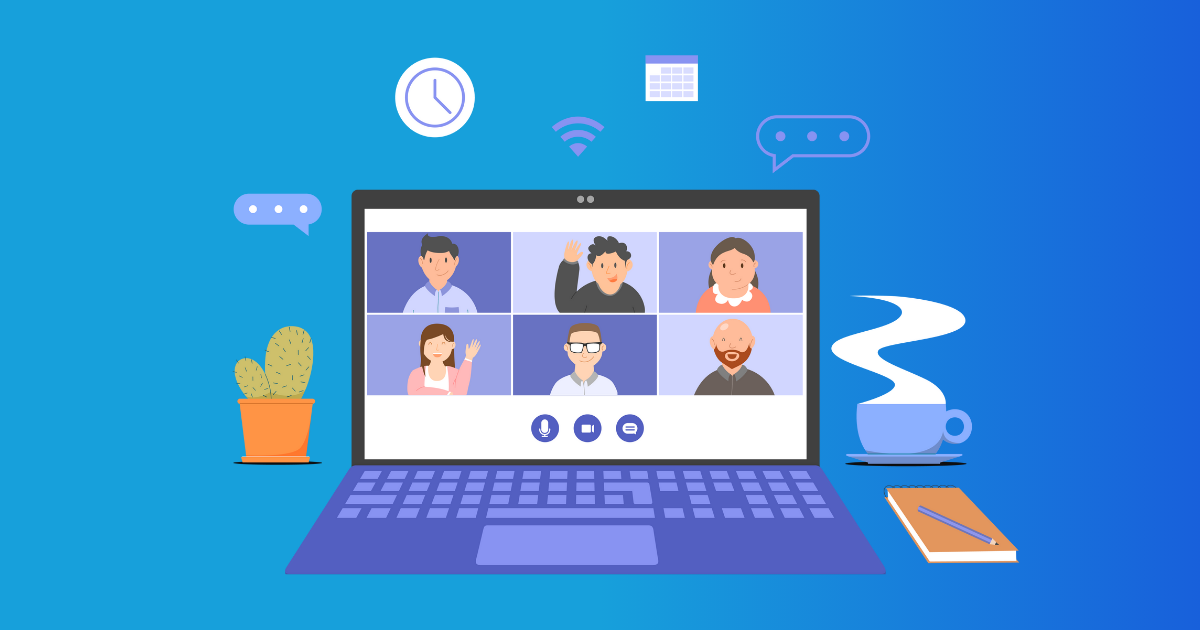Jitsi Meet Electron is shaking up the way we handle online meetings. It’s a desktop app that supercharges the Jitsi Meet experience—making it smooth and secure like you wouldn’t believe. Here, I’ll break down what it is, how it functions, and why it might just become your go-to for video calls.
Understanding Jitsi Meet Electron
So, Jitsi Meet is pretty much this all-star open-source tool for easy-peasy video conferencing. Now, when you slap the Electron version on your desktop, you’re stepping into a whole new level of performance. Think of it as downloading a boost. It uses web tech but feels like a native app, offering reliability that browser options just can’t match.
Jitsi App Architecture
This isn’t just any app throwing around video chats. We’re talking about WebRTC magic here—streaming video and audio without any annoying plugins. The setup is modular, so developers can mix it up easily depending on what’s needed. With the Electron framework tossed into the mix, you’ve got simplicity coupled with strength.
Benefits of Using Electron with Jitsi
Why should you care about Jitsi Meet Electron? Let me count the ways:
-
Performance: As a desktop app, it delivers solid video and sound. Perfect for those jumbo meetings or intense screen-sharing sessions.
-
Offline Capabilities: Got no internet? No stress. You might still swing a local recording for a quick review later.
-
Enhanced Security: It’s got more security layers, including end-to-end encryption—great for those hush-hush discussions.
-
User Experience: Designed for a desktop, meaning it’s intuitive and easy on the eyes. Ideal for those epic-length meetings or nitty-gritty presentations.
-
Customization Opportunities: Maybe you’re feeling a bit creative. Devs can tweak the app to fit any organization’s needs, no advanced coding degree needed.
Desktop Experience vs Web Version
Both the web version and desktop app do the job, but the desktop client often feels like a smoother ride.
Performance Comparison
Expect fewer hiccups with Jitsi Meet Electron. You know—that annoying lag and connectivity chaos that browser versions sometimes can’t dodge during peak times.
Features and Usability
You’ll notice some features just play nicer on the desktop version. We’re talking slicker custom backgrounds and tight integrations with other apps. Enhanced screen-sharing and easy meeting recordings are cherries on top.
Ideal Use Cases
When does Jitsi Meet Electron really shine? Oh, let me tell you:
-
Remote Work: Teams scattered all over? This app’s a lifesaver for keeping in touch.
-
Online Learning: Teachers can set up virtual classrooms that just make learning easier.
-
Large Meetings: Need to host a massive group? This client’s ready to handle webinars and community gigs like a pro.
Security & Performance Considerations
Before flipping the switch to Jitsi Meet Electron, weigh in on security and performance.
Security Features
Here’s the big win: end-to-end encryption. Yay for privacy! Regular updates roll out to squash any bugs, keeping your trust intact.
Performance Factors
Check if your rig can run it smoothly. It’s usually fine, but older machines could struggle a bit, especially when hosting a crowd.
Conclusion
Jitsi Meet Electron is a serious upgrade for your video calls. Better performance, strong security, and a seamless experience make it a must-try.
Had enough of those browser limits? Ready for a stable video call environment? Jump into Jitsi Meet Electron today. Download it and watch your video chats take off.
Want the full scoop? Head over to the Jitsi website for guides and community help—it’ll ease your move to Jitsi Meet Electron.
FAQ
Jitsi Meet Electron is a desktop client for video conferencing, built using the Electron framework.
It offers improved performance, a dedicated interface, and additional features not available in the web version.
While it's generally secure, users should always consider network stability and system requirements.
The desktop client generally provides a more stable and feature-rich experience compared to the web version.
It is ideal for remote work, online learning, and any scenario that requires secure group video calls.


